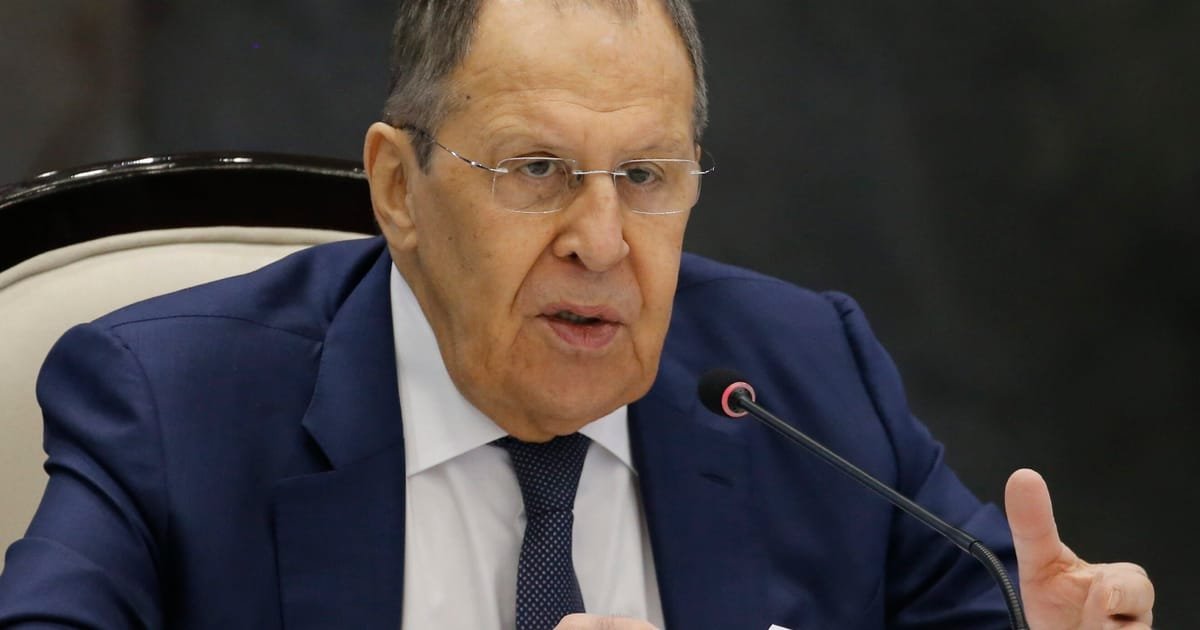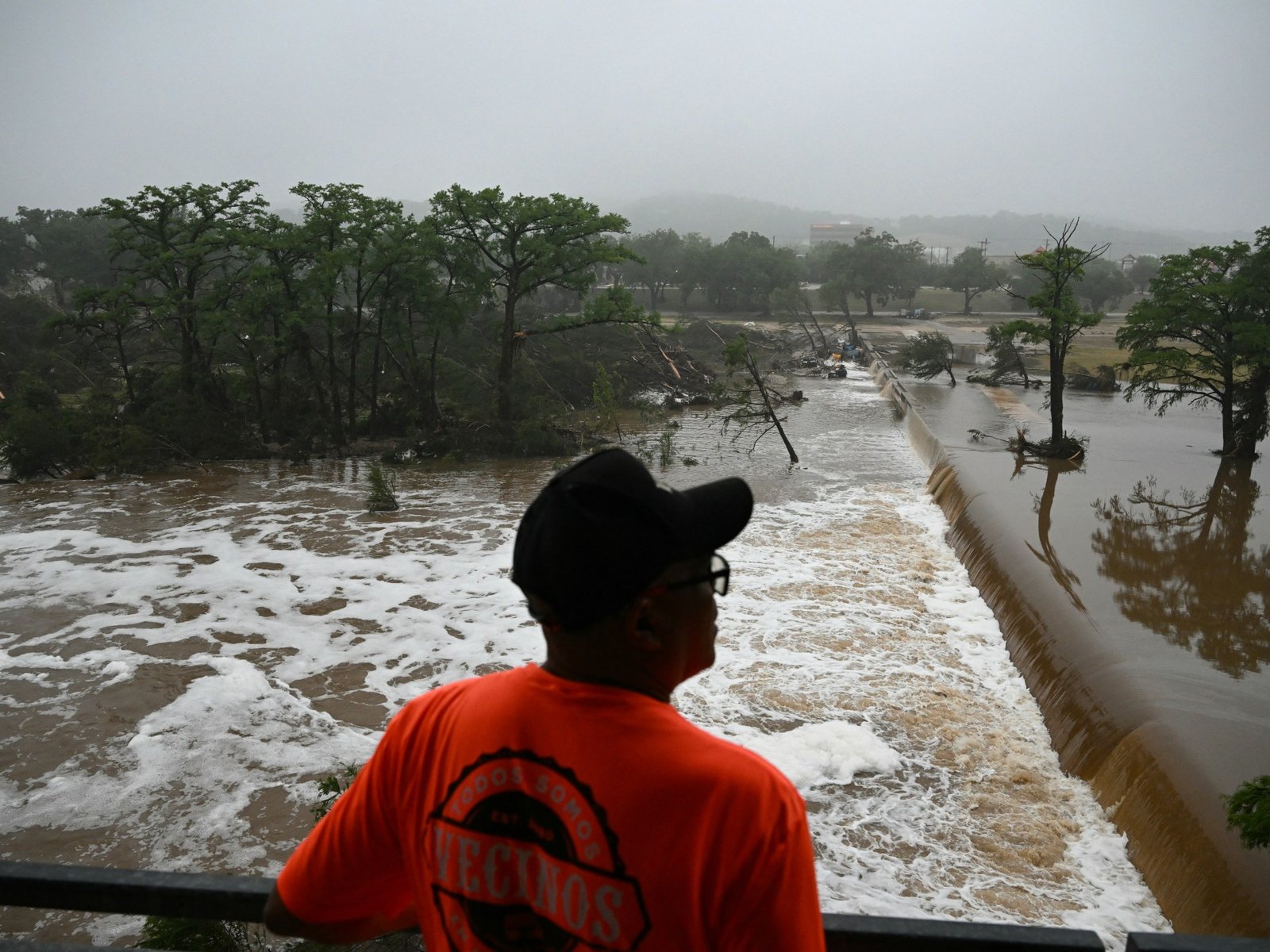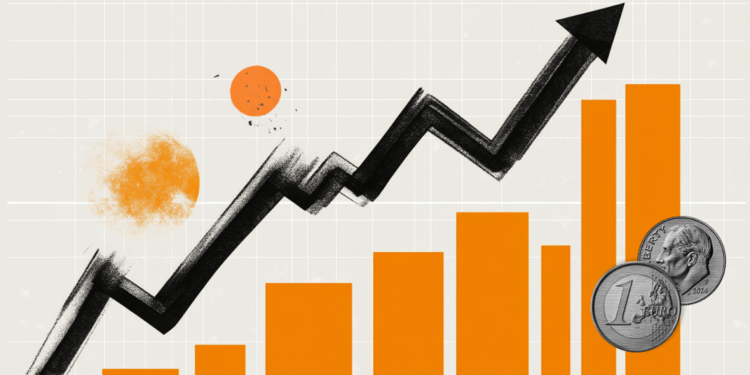Sergey Lavrov makes overture to Viktor Orbán’s government in Budapest.
Russian Foreign Minister Sergey Lavrov wants Hungary to collaborate with Moscow in “defending” Hungarian minorities in Ukraine, as the Kremlin attempts to get Budapest to more overtly support its ongoing full-scale invasion.
“Today, Russia and Hungary are openly speaking out in defense of their compatriots. We can unite our efforts in this regard,” Lavrov said in an interview with the Hungarian government-affiliated newspaper Magyar Nemzet published Monday.
Prime Minister Viktor Orbán’s nationalist-populist government in Budapest has bucked the EU line on Russia, disputing the bloc’s sanctions against Moscow and cozying up to the Kremlin even as it wages war on Ukraine.
Lavrov, the longtime Kremlin top diplomat, praised Hungary for a “pragmatic course” despite “constant pressure from NATO and the EU.”
He regurgitated the Kremlin’s unsubstantiated grievance that Kyiv has declared war on “the Russian language and culture,” leading to discrimination against Russian minorities in the country. That “forced Ukrainization,” in Lavrov’s telling, should also be of concern to minorities such as Hungarians, Armenians, Belarusians, Bulgarians, Greeks, Poles and Romanians, he said, in a nudge to Budapest.
According to the last official census conducted in Ukraine in 2001, there were about 150,000 Hungarians living in Ukraine, mainly concentrated along the Hungarian-Ukrainian border, but since 2022 that number has shrunk to less than 90,000, according to recent estimates.
Orbán has recently ramped up his anti-Ukrainian campaign — including the vow to block Kyiv’s bid for EU membership — in a bid to unite his disparate voter coalition as he faces increasing pressure from opposition leader Péter Magyar, whose Tisza party has a stable lead in opinion surveys, according to POLITICO’s Poll of Polls.
Dutch defense chief accuses the Kremlin of “normalized and widespread” deployment of banned armaments.
Putin’s top diplomat goads Hungary to support Russia’s war in Ukraine – politico.eu



